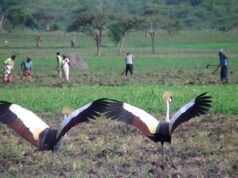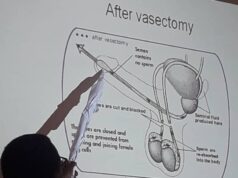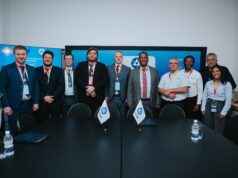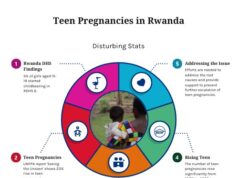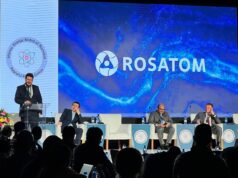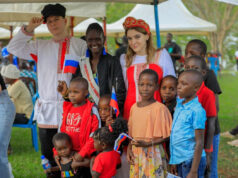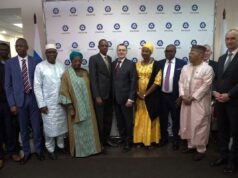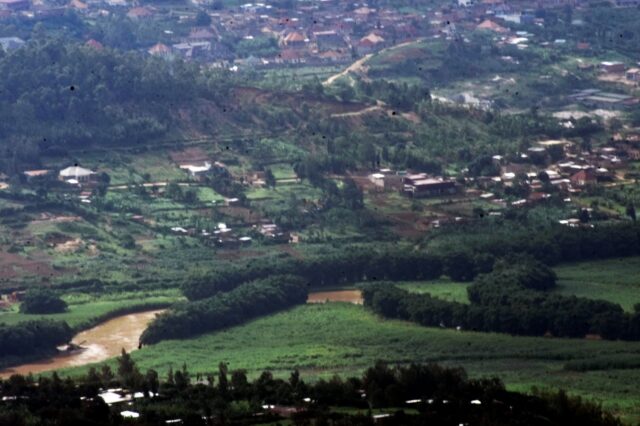
By Kayitare Jean Bosco
In the heart of Rwanda’s commitment to climate resilience lies a pioneering project harnessing the power of bamboo. The Secoko Water Catchment Restoration Project, initiated in 2019, stands as a testament to the nation’s innovative approach to conservation and economic revitalization.
This ambitious endeavor, uniting multiple companies under a cohesive strategy, centers around the vital Nyabarongo River watershed. This lifeline sustains four hydropower plants, prominently the Nyabarongo I Hydropower Plant, generating 28MW of electricity. At the core of this restoration initiative lies the incorporation of bamboo trees, spearheaded by EcoPlanet Bamboo, renowned for rejuvenating degraded lands across Africa and Latin America.
In the sprawling expanse spanning Ngororero and Rutsiro Districts, a 150km stretch of small rivers feeding into the Nyabarongo River now boasts a single line of dense, non-invasive bamboo species. These clumping bamboos, known for their rapid growth and robust underground rhizome system, have swiftly transformed the landscape. Within a mere 12-18 months, they form a protective canopy, curbing soil erosion and altering river courses—a tangible testament to nature’s resilience.

The impact on local communities echoes the project’s success. Residents, like Jeanne Mukandekeye from Nyarugenge District, witness a remarkable shift. Mukandekeye recounts, “Since I began working in the restoration program, I’ve secured a steady income. I can now provide for my family’s needs without relying on anyone else.” Similar stories resonate across the region, with individuals like Chrisostome Manirakiza experiencing newfound stability and financial security, all courtesy of the bamboo initiative.
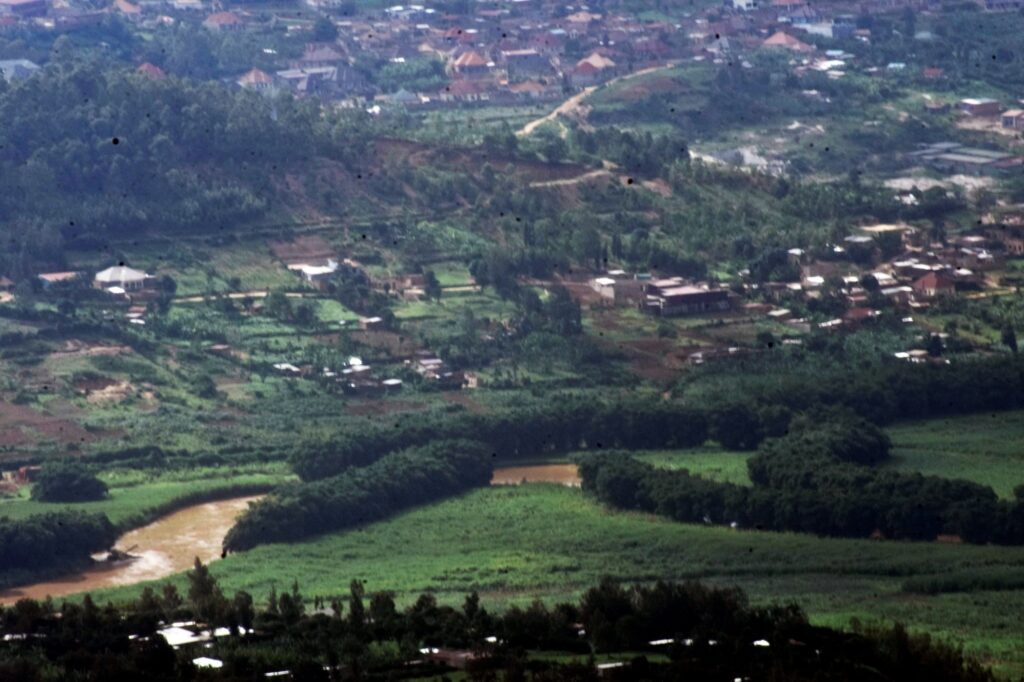
Jean B.)
REMA, cognizant of the project’s multifaceted benefits, underscores its focus on safeguarding the Nyabarongo riverbanks from degradation and waste pollution. Simultaneously, it fosters employment opportunities, particularly for the youth, bridging the gap between rural and urban districts. The venture encompasses a spectrum of environmental activities, from terracing to waste recycling, aiming not only for ecological preservation but also sustainable economic growth.
Rwanda Development Board (RDB) sees in bamboo a lucrative avenue for the country’s youth, emphasizing its perpetual growth and versatility. RDB’s stance reinforces the sentiment echoed by many—bamboo presents a treasure trove of opportunities, yielding diverse products from charcoal to clothing, flooring, and beyond. Crucially, as Rwanda battles single-use plastics, bamboo emerges as an environmentally friendly, biodegradable alternative, fostering a sustainable economy in harmony with nature.
In the ever-evolving landscape of Rwanda’s environmental consciousness, the bamboo initiative serves as a beacon, illuminating the path toward a greener, economically vibrant future. Through innovation and dedication, Rwanda is not only combatting climate change but also nurturing a resilient society, rooted in sustainable practices and prosperity for all.


